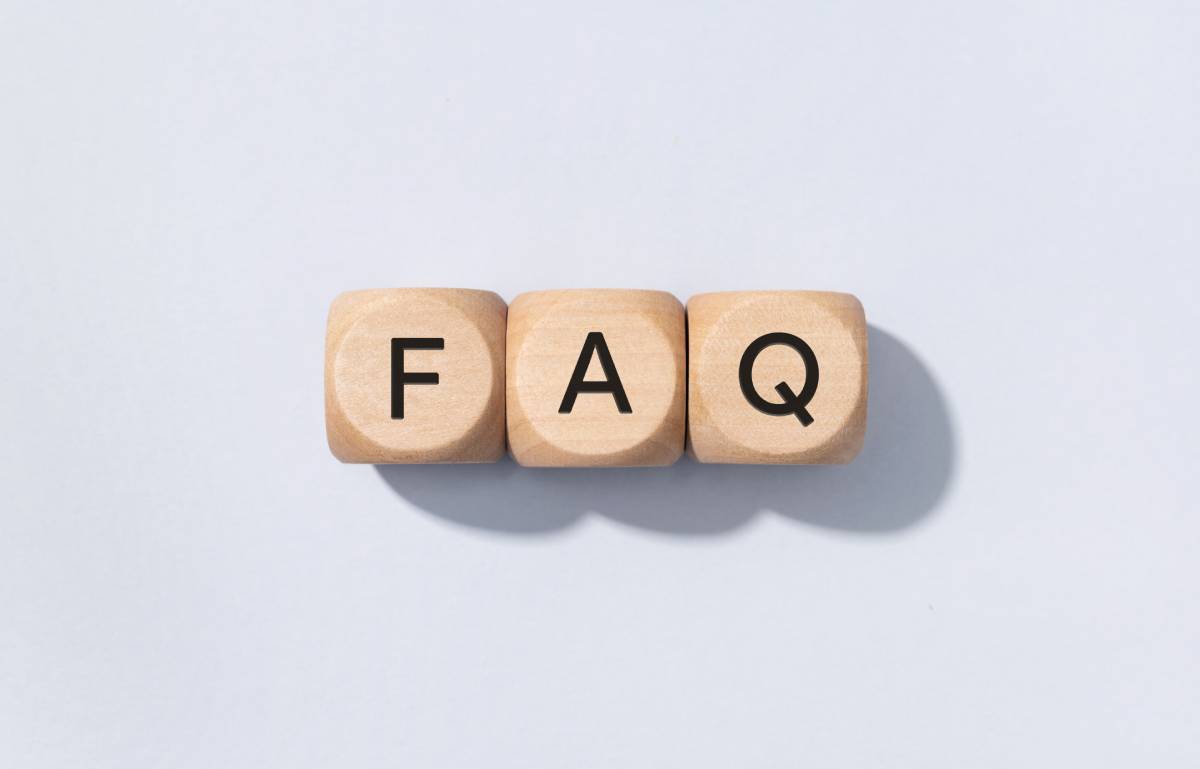Cosigning for a National City bail bonds can be a daunting prospect, especially if you’re unfamiliar with the process. Whether you’re considering cosigning for a friend or family member or you’ve been asked to cosign yourself, it’s crucial to understand the implications fully. Here, we address some frequently asked questions to shed light on this often misunderstood topic.
What exactly does it mean to co-sign for a bail bond?
When you cosign for a bail bond, you’re essentially agreeing to take responsibility for the full amount of the bond if the defendant fails to appear in court as required. This means you’re legally bound to ensure the defendant complies with all court orders and attends all scheduled hearings.
Who can co-sign for a bail bond?
Generally, anyone who meets the bail bond company’s eligibility requirements can cosign. This typically includes being over 18 years old, having a stable income, and possessing a good credit score.
What information do I need to provide to co-sign?
Expect to provide personal information such as your full name, address, contact details, and possibly employment information. You may also need to present valid identification, such as a driver’s license or passport.
Is co-signing for a bail bond risky?
Yes, cosigning for National City bail bonds carries inherent risks. If the defendant fails to comply with court orders or flees, you could be held financially responsible for the full bail amount. This means you could lose any collateral you put up and may face legal consequences.
Can I revoke my cosignature?
Typically, once you’ve cosigned for a bail bond, you can’t revoke your cosignature. You’re bound by the terms of the agreement until the case is resolved, the bond is exonerated, or the court releases you from your obligations.
What happens if the defendant misses court?
If the defendant misses the appearance in court as per determined, the court may raise a bench warrant to arrest the defendant. As the cosigner, you could be responsible for locating the defendant and ensuring their return to custody.
Will co-signing affect my credit score?
While cosigning for National City bail bonds won’t directly impact your credit score, any financial obligations you undertake can indirectly affect it. If you’re unable to fulfill your obligations as a cosigner, it could lead to financial difficulties that harm your creditworthiness.
Are there alternatives to co-signing?
Yes, there are alternatives to cosigning for National City bail bonds. Some bail bond companies offer payment plans or accept alternative forms of collateral. Additionally, defendants may be eligible for release on their recognizance or through a surety bond without requiring a cosigner.
How can I protect myself when co-signing for a bail bond?
Before cosigning for a bail bond, thoroughly evaluate the risks and consider consulting with a legal expert. Make sure you understand the terms of the agreement and only cosign if you’re confident in the defendant’s ability to comply with court orders. Additionally, keep detailed records of all communications and transactions related to the bond.
Ultimately, co-signing for National City bail bonds is a personal decision that requires careful consideration of the potential consequences. By understanding the process and taking proactive steps to protect yourself, you can navigate this challenging situation with greater confidence and peace of mind.
